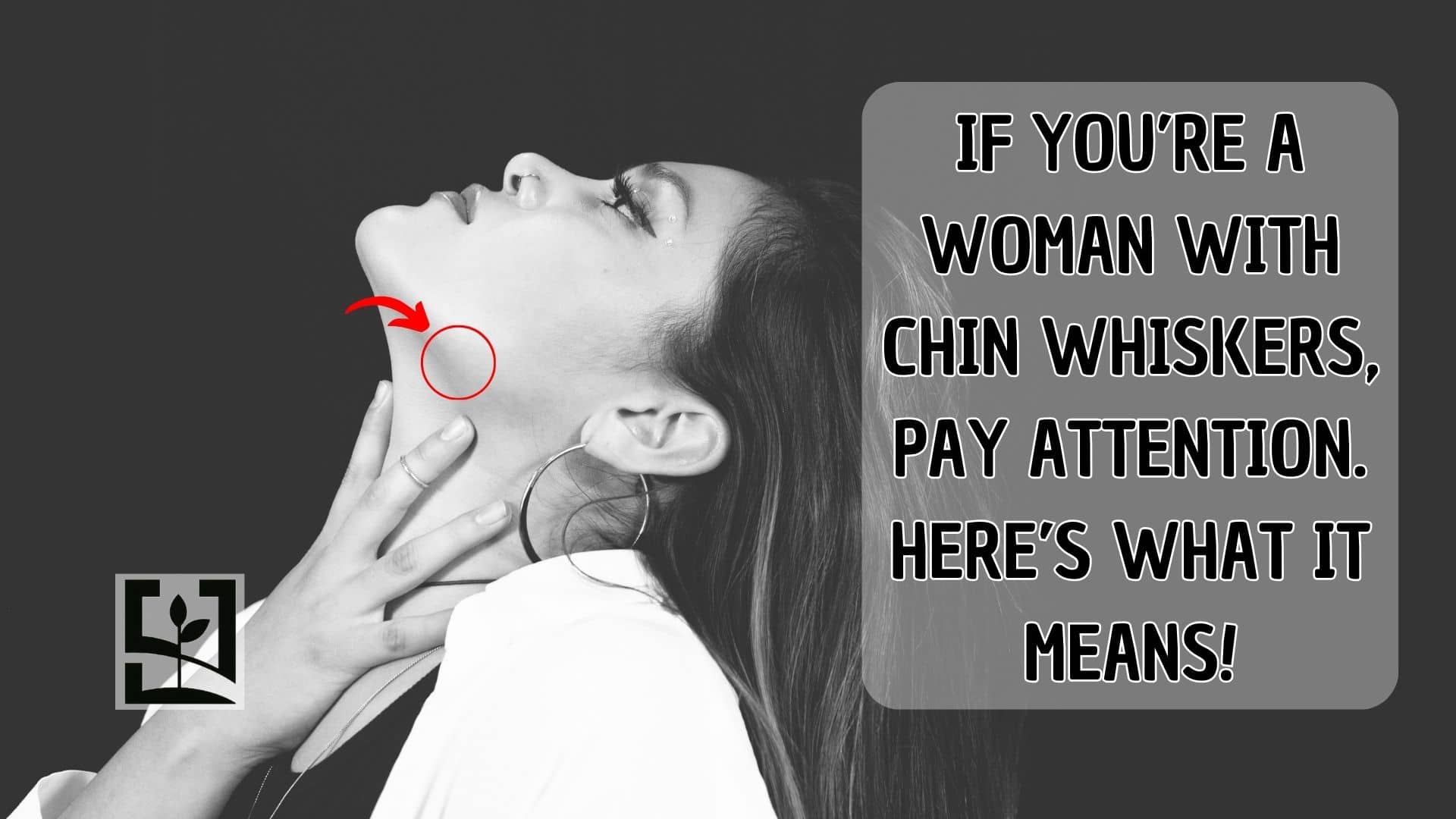Many women have polycystic ovary syndrome, sometimes called PCOS, and don’t realize it. People with PCOS may experience irregular menstruation, increased facial hair, and acne, especially on the chin, lips, and sideburns.
This is caused by hormonal imbalance, and PCOS often (but not always) causes cysts to appear on the ovaries.
These cysts are not dangerous, but they cause hormonal imbalance which can lead to shorter or longer menstrual cycles, excessive hair growth, acne and obesity. It is also important to diagnose PCOS early so that long-term problems like type 2 diabetes and heart disease do not develop.
What is the root cause of polycystic ovary syndrome?
Doctors aren’t sure what causes PCOS, although there are some suggestions about risk factors:
– Too much insulin: Too much insulin can affect the ovaries by increasing the production of androgens (male hormones), which interferes with the ovaries’ ability to ovulate normally.
– Low-grade inflammation: Studies have shown that women with PCOS have low-grade inflammation, which causes polycystic ovaries to produce androgens.
– Genetics: PCOS can run in families, so if your mother or sister has it, you’re more likely to have it too.
symptoms:
Polycystic ovary syndrome (PCOS) may appear soon after a woman starts menstruating, but can also occur later in life. There are several symptoms to be aware of; However, each person may be affected differently, and symptoms may worsen as fat increases.
According to the Mayo Clinic and WebMD, you should watch for the following symptoms:
1. Inconsistent cycle
This is one of the most classic symptoms of polycystic ovary syndrome. Some conditions are a menstrual cycle of 35 days or longer, fewer than eight menstrual periods per year, long or heavy periods, and no menstruation for four months or more.
2.Excess hair on face and body
You may notice more hair growing on your chin, chest, back, stomach or even your toes.
3. lazy
You may experience unusual depression or mood changes.
4. Acne
PCOS can also cause acne and oily skin. Papules can be deep and painful.
5. Insulin related problems
Excess insulin can impair the ability of the ovaries to ovulate normally.
Treatment
Each person’s approach to treating PCOS is unique. To help you lose weight, your doctor may recommend lifestyle changes, such as diet and exercise. Your doctor may also recommend that you use birth control to help regulate your periods and reduce androgen production. However, since each patient is unique, if you notice any symptoms, you should consult your doctor to get a diagnosis and learn the best strategies for treating your PCOS and symptoms. This is general information and not medical advice.

